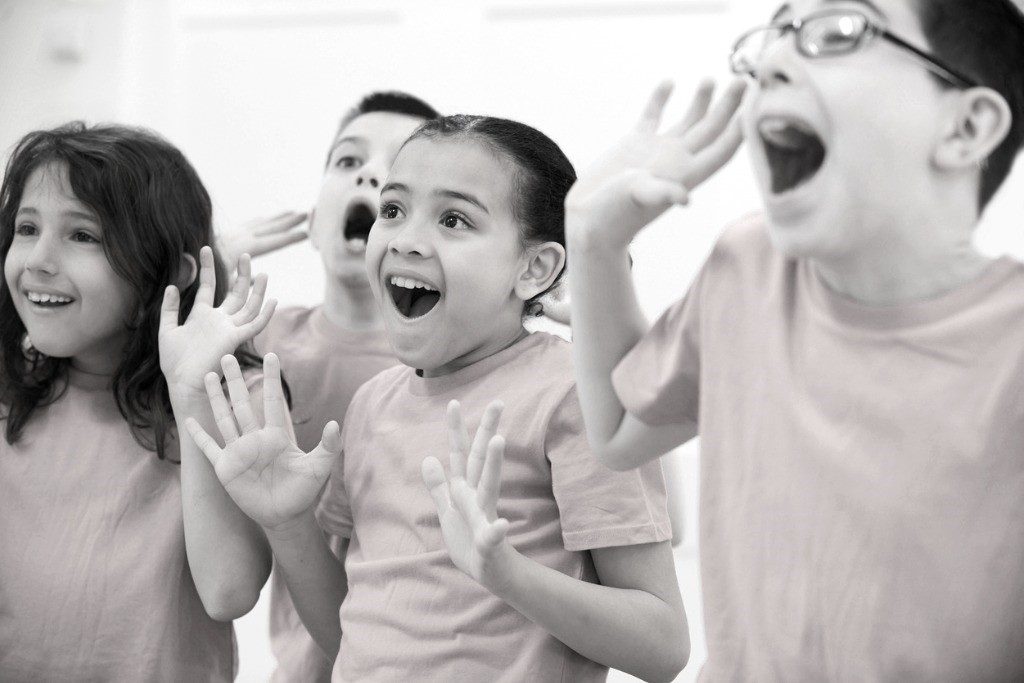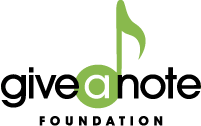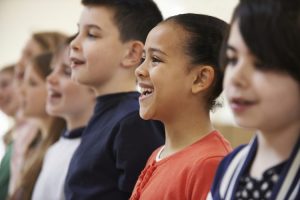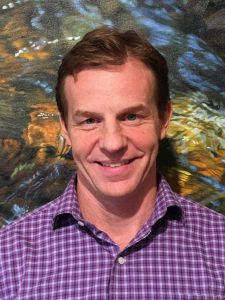Growing Creativity Takes Risk — and Gaining Intelligence Does Not!

Made ya look! Yes, I stand by that statement, but I am not placing value on one more than the other. When I was a teacher, I often plainly stated that my value as an arts teacher was to do everything differently than those in the academic building, and to do it in support of them. Heck, they were a completely different building and had a different name even. It was my passive-aggressive way of saying, Yes, we’re different, but no less valuable and even more important to your success. Now, for some reason, I never felt the same reciprocal sentiment. Often students were advised out of the art classes for additional math and science classes.
Growing creativity takes risk and gaining intelligence does not.
Then what do I mean? I’ve been reading a lot lately about the connection between intelligence and creativity. Are they linked, do they grow, or is it given at birth and finite? I don’t know and, actually, I don’t care. My goal is to prove why growing creativity is the only way to truly use your intelligence in amazing ways.
You know the old saying “it’s not whether you win or lose—it’s how you play the game”? Say only the losers. Well, I actually consider the value of growing creatively to be very much rooted in this concept. Not for the usual stale old reasons: It helps brain development, or it’s better for math and test scores. You know what helps you get better math and science scores? Math and science classes, not music or poorly taught piano and violin lessons.
Music education has been so misguided that I’m not sure the real point has even been discovered.
In a math class, you are well aware there is a correct answer, and the teacher knows it and the path to getting there is accessible. I am going to say the same exists for science. I don’t know of any math or science class where they just say, take some material and let’s mix them up and see what happens. Typically, you are working from a set of plans, and the student may not know the process yet, but they will be told and learn from the teaching. Then they will have a test and get a grade. At some point this grade will remain as private as they decide to keep it.
I often ask, What if we stated the most recent test grades of classes at every school assembly or half time of every football game? I bet they might go up and quickly. As students gain what I’m going to call traditional intelligence, they risk very little in the process. They know there is often an answer, and they know it’s possible to achieve it and get an excellent score. If they do poorly, no one needs to know.
In music class, sadly, the process has been homogenized to mirror some of these educational approaches, and it’s killing the real value of music. So many music programs have a “text book,” typically a standard piece of music. They have examples of how this music should sound and spend the next weeks guiding the students to this outcome. With a good instructor and some practice time, you will very likely get the outcome everyone was expecting. You’ll assemble for a concert at the end of the semester, the audience will recognize the piece, the students will know what the audience is expecting, and everyone will be happy. Risk averted, smiles abound.
What about this option? For an entire semester you do nothing but create music in the class. No book, no recording, no plan.
We still have the tools to guide us, but we don’t have any idea of the outcome, just that in December we are presenting what we have to the entire student body. In the real world we call this RISK! The identical twin to RISK is FEAR. When RISK and FEAR get together, another good friend is always very close, and she is called MOTIVATION. I always say there is no greater motivation than fear!
Now we have a real creative and confidence-building opportunity rooted in the essence of the most valuable opportunities education hates: failure. Every single successful human being will tie all their success to major failures in their life. Some will say, school helped me; some will say luck and timing were my friend; some will even say pure determination was my foundation. They will all—and I mean all—say, failure was instrumental in my success. Yet we rarely, if ever, teach it.
Imagine a class where I, as the teacher, only have my opinion as a guide. I can’t tell you if your friends will like the concert in December. Heck, I’m scared too. They might all boo and throw things at us, if so I’ll be sure to install chicken wire next concert.
Dear Administration and Parents,
During the fall semester, I will have no book, no curriculum, and no tests. We will arrive and work on music that doesn’t exist yet, has no reference recording and no sheet music. In December we will present this music in a concert which we are not sure will even be good. We hope it will be.
That’s a tough marketing sell: Little Timmy’s music might suck, and little Susie might get her feelings hurt when no one like her piano piece or singing, but rest assured, we are putting it out there regardless. When it’s over, I actually don’t care which outcome we get. I know this, the process of having nothing, eventually creating something, and then putting it on display in front of everyone who matters in your life to judge, is the foundation from which intelligence thrives.
Now when Timmy and Susie are at their future, non-music careers and they need to use their intelligence to create something great, they will know the process of risking the creation of an idea with no real outcome. More importantly, they will be willing to present to the world knowing it may not succeed.
Academics give students the intelligence to succeed—music gives them the confidence.
Sean Smith is a member of the Give a Note Foundation Board.
After graduating from University of North Texas, Sean Smith moved to Nashville and began touring with established Country Music Artists, including Big and Rich and Muzik Mafia. As a composer, Smith has received awards for film composition, including a Telly and an Emmy for the short film Running Back to Forward. He has developed a successful music program at the Ensworth School in Nashville and is continuing to develop a unique curriculum that is designed to inspire and engage both teachers and students alike. Currently, Sean is Director of Sales for Quaver Music, in the Northeast region.






